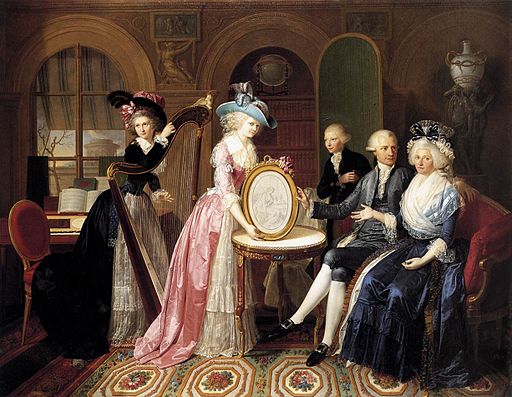Aristocracy vs Democracy
Understanding the distinctions between the terms Aristocracy and Democracy is quite straightforward. Both represent different forms of government that can exist in a country. The confusion may arise because both forms of government are led by people or a group of people, rather than a single individual. Let’s examine each of them more closely.
What is Aristocracy?
Aristocracy refers to a form of government in which the supreme power lies with a group of elite people. The term originates from the Greek word “Aristokratia,” which means “rule of the best.” Aristocrats are typically members of the upper social class in certain countries, known for their social and economic prominence, influence, and land ownership. They may also hold special titles like Baron, Baroness, Duke, or Duchess.
In an Aristocracy, the government is ruled by a minority in society, and general elections, voting by citizens, equality, and fairness are not present. People in an Aristocratic government are not elected but are automatically appointed due to their rank, status, or hereditary nobility.
Initially, in early Greece, an Aristocracy referred to the rule by a group of well-qualified citizens, considered morally and intellectually superior. However, this eventually changed to a government ruled by a privileged group of people, such as the elite social class in a nation.
What is Democracy?
Democracy is a more familiar and common form of government, derived from the Greek word “Demokratia,” meaning “rule of the people.” In a Democracy, the supreme or sovereign power is vested in the people of the nation collectively. Unlike an Aristocracy, which is limited to an elite few, a Democracy provides equal power to every citizen in the country.
This supreme power is usually exercised by the people either directly or through a representative system. Direct Democracy is a system where people vote directly on policy issues and other public decisions. Representative Democracy, which is more popular among nations, is a system where people exercise their voting power to elect representatives to the government to exercise the supreme power on their behalf.
In a Democracy, there is no question of rank, privilege, or status. Every representative and citizen has equal rights. The ultimate goal is the interests of the citizens. Characteristics of a Democratic government include the separation of powers between the main state organs, multiple political parties, human rights, and civil liberties such as freedom of speech, religion, assembly, trade unions, and democratic governance.
Key Takeaways
- An Aristocracy is a form of government in which the supreme power lies with a group of elite, privileged people, often distinguished by birth, fortune, or hereditary nobility.
- A Democracy is a form of government in which the supreme power is vested in the people of the nation, providing equal power to every citizen in the country.
- In a Democracy, every citizen has equal rights and privileges, while in an Aristocracy, a minority of elite and privileged individuals make decisions and rule the country.
